Parenting is a challenging and overwhelming journey, especially during the toddler phase. You need to be present, forgiving, active listening, and communicative beyond the running things while your kids cannot talk back well. I bought many parenting books, from the psychological book to the practical book like what can not eat and step-by-step potty training. To be honest, there are too many parenting books and easily lost. After all, there are 9 parenting books I would like to share. These books focus on positive and gentle parenting way, they helped me gain valuable insights into kids’ brain development and keep positive attitude.

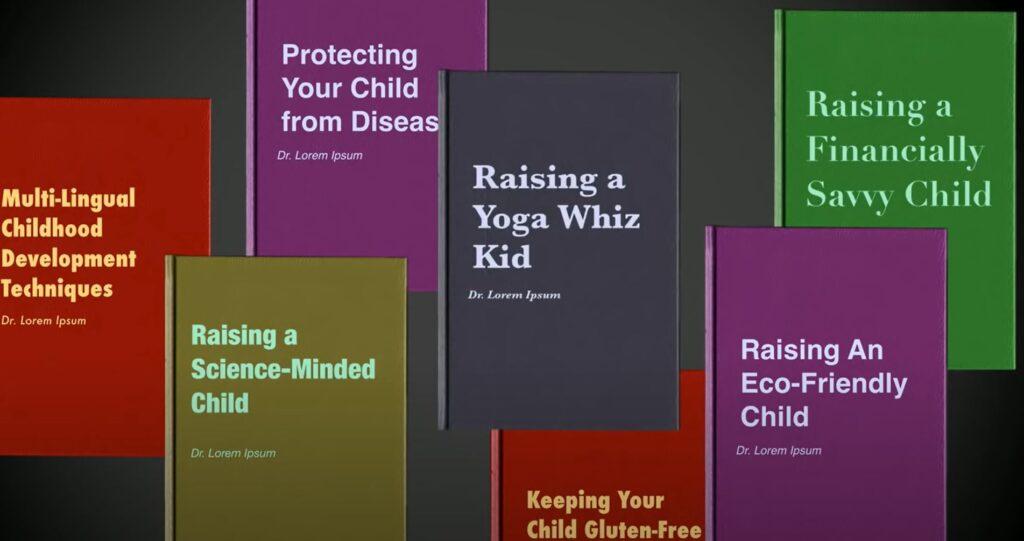
Table of Contents
Children Are Our Mirrors
The more I read along the parenting way. The more leads back to my own behaviors and inner part of me. If you turn on the TV, they will enjoy sitting on the couch. If you read at home, they will read books as well.
“Children are mirrors; they will always show you exactly what is going on inside of you. Each phase of their growth is an opportunity to heal your own pain, to go deeper inside yourself and become more truly human.”
― Vimala McClure, The Tao of Motherhood
In short, we need to become the person that we want to educate our kids. To educate our kids, we need to educate ourselves as well.
Toddler Development Milestones According to CDC
CDC (Centers for Disease Control and Prevention) has published a kids’ development milestones checklist per age. The milestones are selected based on what most children (≥75%) would be expected to achieve in four aspects, Social / Emotional milestones, Language / Communication Milestones, Cognitive (learning, thinking, problem-solving) Milestones, and Movement/Physical Development Milestones. For toddlers, the development milestones are as follows.
Know Your Parenting Styles
Parenting styles are associated with kids’ outcomes, Parenting styles are associated with different child outcomes. In the 1960s, psychologist Diana Baumrind identified four parenting styles based on control and warmth.
In the US, roughly 46% of parents use an authoritative parenting style, 26% authoritarian parenting style (also listed as lighthouse parenting positive parenting or gentle parenting), 18% permissive parenting style, and 10% neglectful parenting style. Except parents themselves, culture and social influences, also play an important role in parenting styles.
The authoritative style is generally linked to positive parenting, similar with gentle parenting and lighthouse parenting, it focuses on the positive behaviors such as communication and discipline.
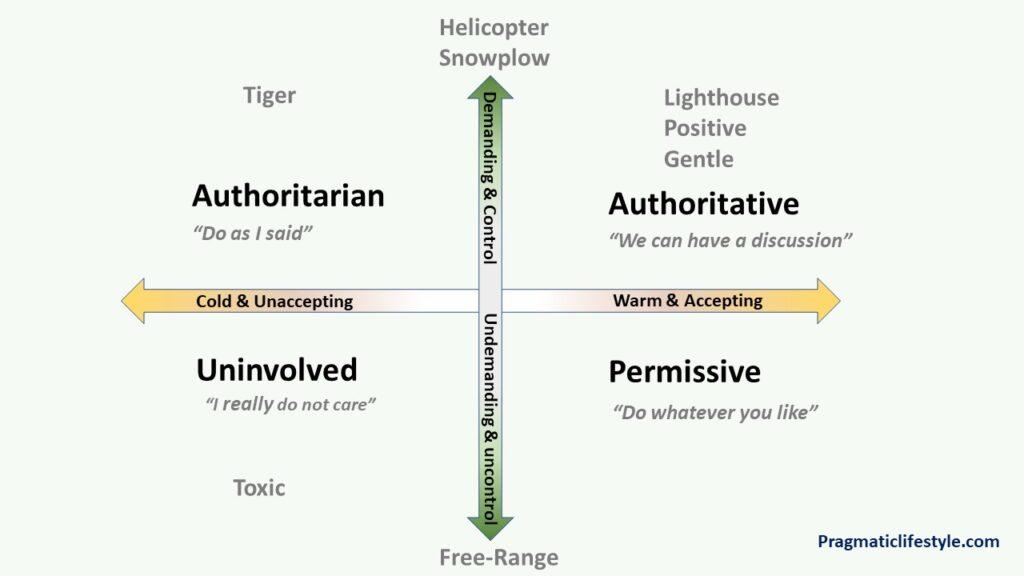
8 Best Books for Positive and Gentle Parenting
1. Getting things done
You may wonder if this is not a particular parenting book, but it is almost my working guideline. As a toddler’s parent, you are too busy and easy to forget things. I have forgotten many appointments, bills to pay, and things to buy. My head has too much stuff and is easily distracted. You must be very efficient in dealing with daily activities. I highly recommend this book if you are a single parent or your spouse is super busy.

My two biggest take away from this book are:
- Do not rely on your memories. Start a to-do list and update the list.
- The majority of things can be done within 2 min, do the 2 min work immediately to clear your list. I do not categorize my things according to importance and urgency anymore because there is not much time left even to think either it is important or urgent or both. So the 2 min principle works the best for me.

2. The whole-brain child: 12 revolutionary strategies to nurture Your child’s developing mind
This book, one of the most popular gentle parenting books, written by a neuropsychiatrist (Daniel J. Siegel) and a parenting expert (Tina Payne Bryson), describes the brain development process of kids. Suppose you are wondering why your three years did not stop crying when you told her to stop. Or have you tried to argue with a two-year-old kid? If yes, this is the right book for you.
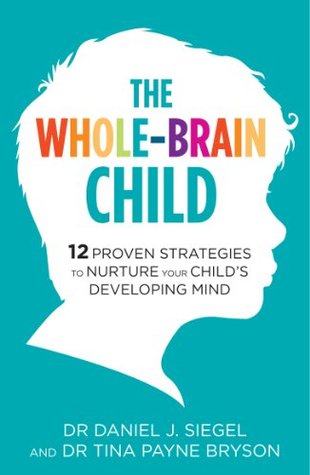
As you may know, each part of our brain owns different functions. Simply describe the left hemisphere specializes in language and logic, and the right hemisphere specializes in images and feelings. For kids, the left side takes much longer to develop than the right side, and the right brain develops faster and dominates the left brain till three years old. Kids cannot see the rational side of things, and that is where the “terrible two” and “horrible three” came from.
3. Positive discipline
The Positive Discipline is a series classic gentle discipline parenting books including different ages. It focuses on the development mindset based on mutual respect and learning opportunities and provides teaching ways to guide kids firmly yet gently. The key of of positive discipline is mutual respect instead of power fighting. Understanding the belief behind behavior, do effective communication, focusing on solutions instead of punishment, and celebrating and rewarding the kids’ improvement.
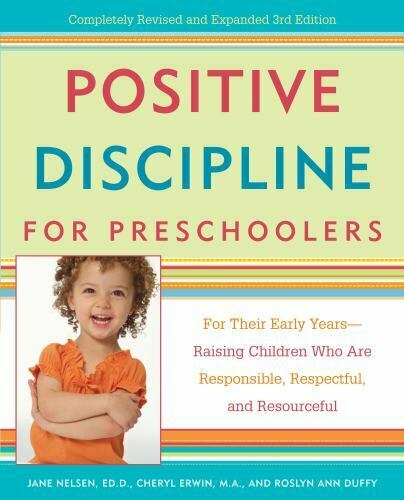
Toddler cannot express themselves by words, they often cry for attention, sleep, or push the limits. The parents’ attitude are key to healthy and effective discipline. It is the beginning to provide our toddler honest, direct, and compassionate feedback.
The book listed several methods like, manage expectations by a predictable, daily routine. Especially punishments cannot help our toddler if he misbehaves. If a child has tantrum in a public situation, most likely he tired and needs to leave. Carrying them back home gently but firmly, even if he kicks and screams, is the respectful way to handle the situation. When a child has a temper tantrum at home, he should be taken to his room to flail and cry in our presence until he regains control. These are not punishments, but rather compassionate responses.
4. How to talk, so kids will listen and listen so kids will talk
How To Talk So Kids Will Listen & Listen So Kids Can Talk is a parenting/communication book by Adele Faber and Elaine Mazlish. This book appeals to me in part because it contains a high proportion of exercises, prompts, and anecdotes in comparison to advice.
That this book is not about teaching you how to manipulate the behavior of others; rather, it is about fostering cooperation and respect in both directions. That necessitates being open and flexible, truly hearing and understanding the other person, and taking that into account when interacting with them.
Give them your undivided attention and don’t pretend to listen; put away other distractions and concentrate. Even simple confirmation that you’re listening encourages people to open up. It is sufficient to nod or say “all right.”
It is helpful to describe what they did and what you like about it. This appreciation allows them to praise, appreciate, and recognize their own strengths and virtues. This type of praise requires more effort than one-word evaluations. It entails paying close attention to the outcome, noticing your feelings about it, and expressing them aloud.
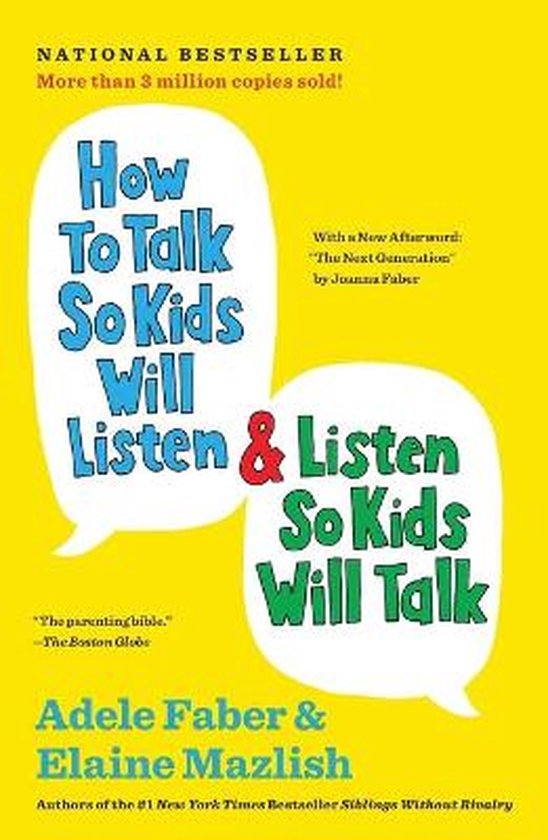
5. The power of showing up
Our relationships with parents impact us in adulthood.
Kids get security from watch and experience comfortable environment. Developing a strong and secure connection with children begins with ensuring their physical and mental safety. Hostility, whether physical, verbal, or unexpectedly revealed through facial expressions and body language, can make children fearful and insecure. However, we must keep a close eye on our emotions and watch them for signs of hostility. Except for deep breathing to relax during tension, proper communication, and apologizing to reclaim the bond if we unleash our frustration.
Communication is the most important aspect of ensuring children’s safety. When you speak openly to your children and assist them in understanding issues that arise for them – whether they are being dominated at school or abused by anyone at home – they know they can come to you at any time and get help.
Serious observation and understanding of children, such as doing exercise together, bedtime routine, eating healthy snacks together, makes it easier to respond to their demands and assists them in understanding themselves.
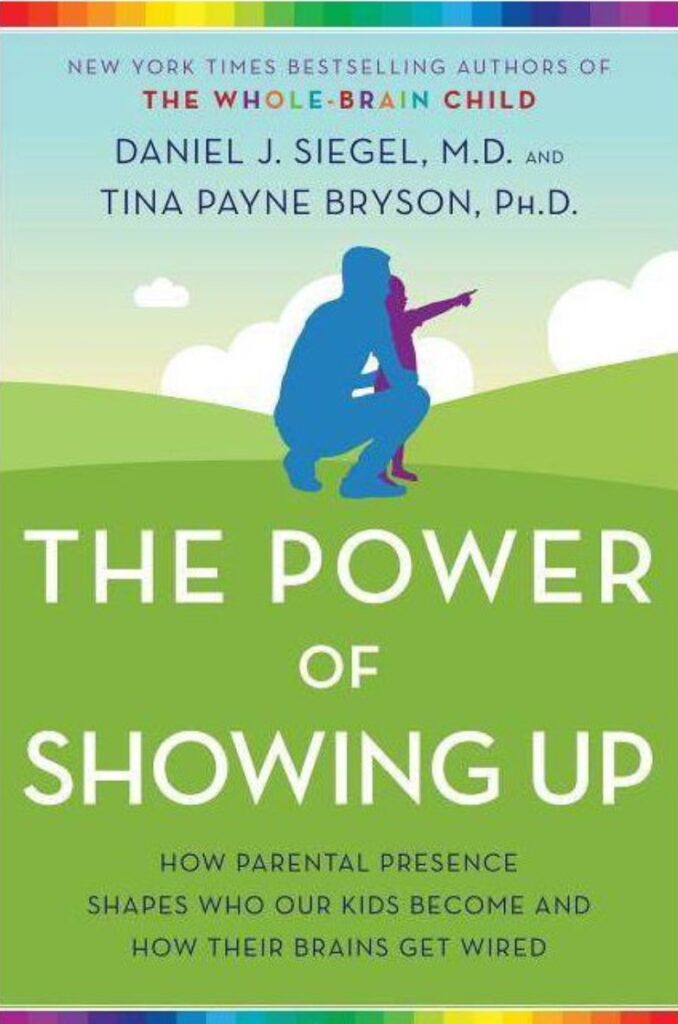
6. Grit: the power of passion and perseverance
Enthusiasm is widespread. Endurance is uncommon. The key to exceptional achievement is grit: a distinct combination of passion and perseverance. Grit is defined as having a strong desire and perseverance for long-term goals. Gritty people can maintain their determination and motivation for extended periods of time despite failure and adversity.
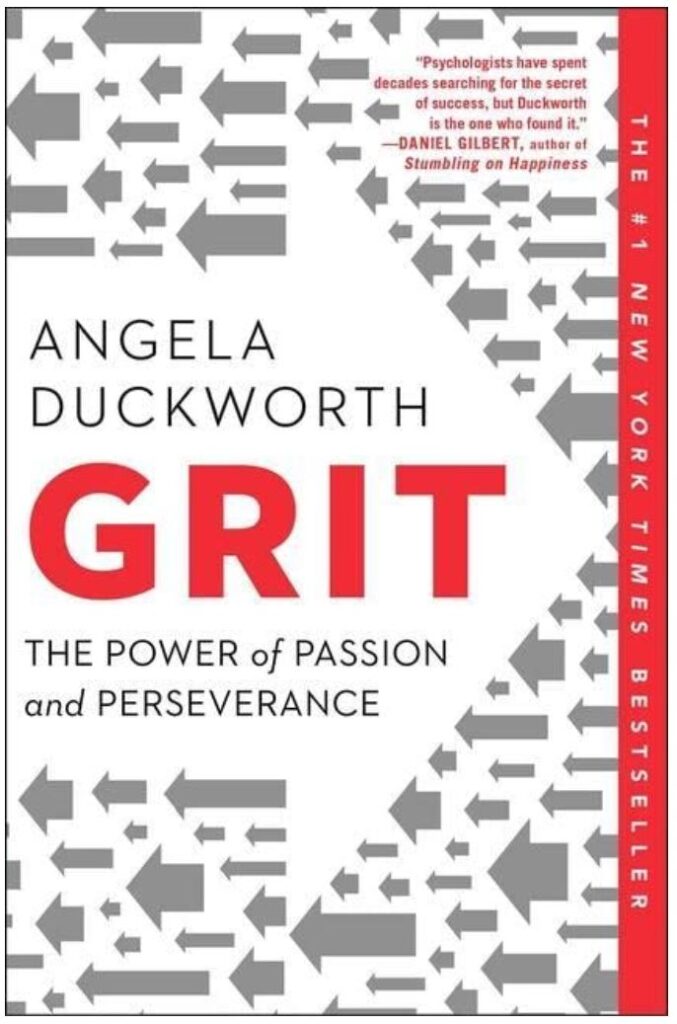
7. Toxic parents
Every parent falls short at times. Toxic Parents described several types, each with a brief description. They are categorized as Inadequate Parents, Controllers, Alcoholics, Verbal Abusers, Physical Abusers, and Sexual Abusers. Without a doubt, the offending parent can cause physical and emotional harm to children. However, the non-offending parent’s passivity can cause as much harm as the offending parent’s failure to recognize or intervene in the situation.
How do you reclaim your life if you were raised in a toxic environment? You can choose to forgive or not, and then deal with the emotional consequences of being raised by various types of toxic parents.
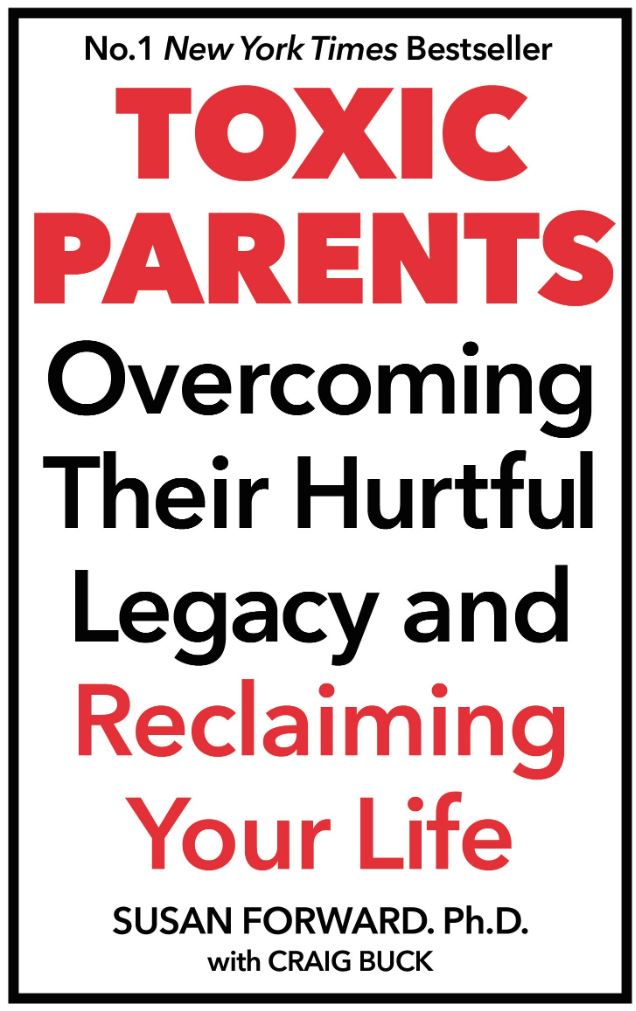
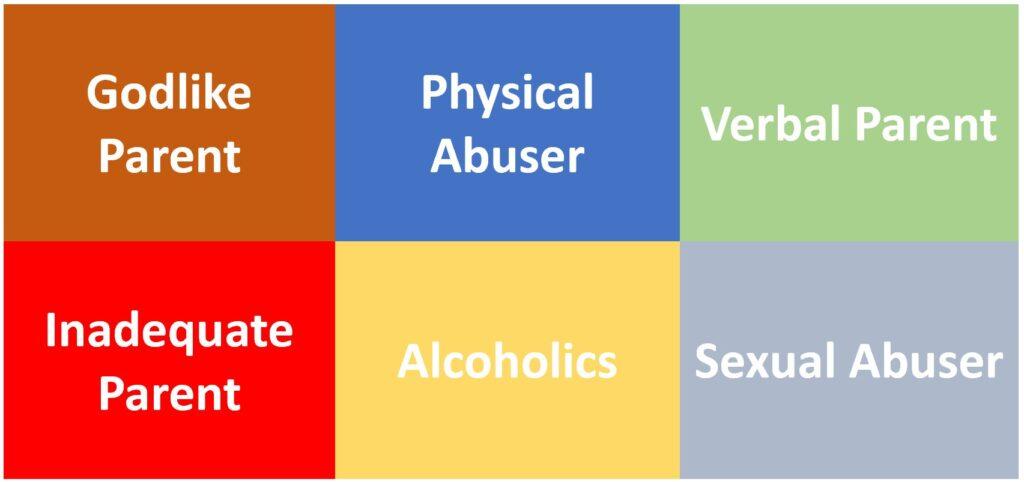
8. Sibling without rivalry
This is my most favorite gentle parenting books. It contains numerous examples that can be easily applied to any family. This book is written from the perspective of a weekly parenting workshop facilitator. Each chapter reads like a transcript of a single session from the previous week. You’ll learn about various parenting challenges such as child hatred, jealousy, labeling, and comparing. Each chapter is chock-full of anecdotes and great examples with tips and guidelines.
Sibling relationship changing with time
The sibling relationship can have a powerful impact on our early lives, causing intense feelings, both positive and negative; these feelings can persist into our adult relationships with our brothers and sisters; and, finally, these feelings can be passed down to the next generation. As parents, we must shift our focus away from turning siblings into friends and toward preparing them for all of their caring relationships. They shouldn’t spend their entire lives debating who was right and who was wrong. They should be able to get past that way of thinking and learn how to truly listen to each other, respect their differences, and find ways to work through those differences. Even if their personalities were such that they could never be friends, they would have the ability to make and be friends.
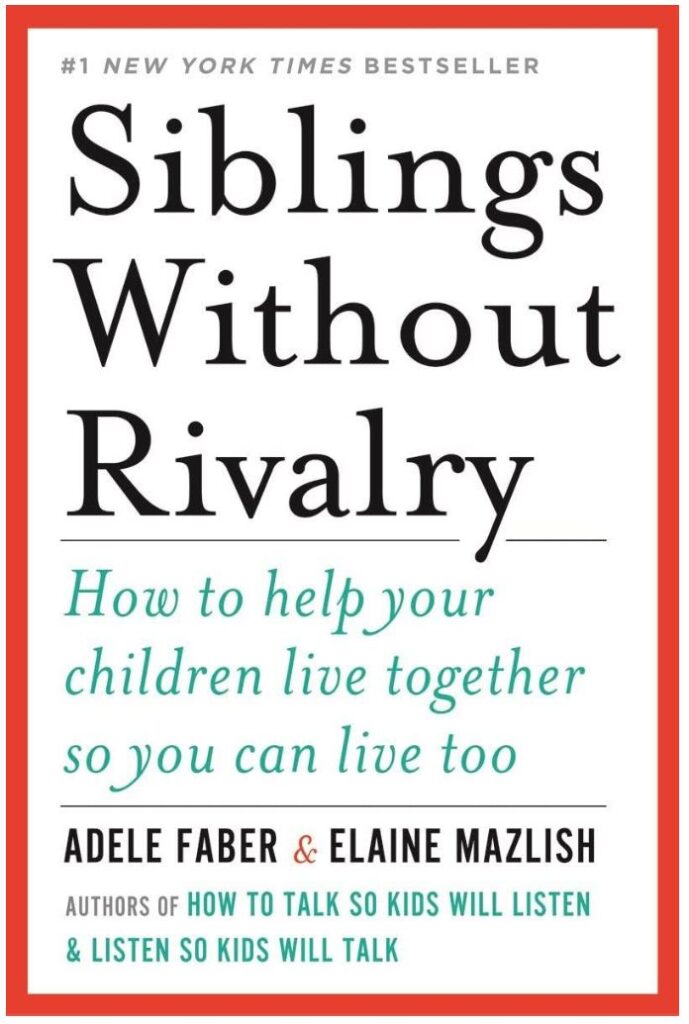
Tips for fostering good feelings between brothers and sisters
Make sure each child has time alone with you at least once a week. This one-on-one interaction gives children the emotional nourishment they require to be more caring or, at the very least, tolerant of their siblings.
When spending time with one child, avoid discussing the other.
Don’t withhold affection or attention from your “favorite child” in order to compensate for a less favored child. Each child requires a parent’s complete and realistic acceptance of who they are.
Don’t bind the children to their place in the family constellation (oldest, youngest, middle). Allow each child to experience some of the other’s privileges and responsibilities. The demand by parents that they always maintain their family position contributes to deep resentment among siblings.
Don’t let togetherness enslave you. If there is annoyance between the children, don’t force them together because it may cause them to grow apart. With various adult-child combinations, everyone will have more breathing room.
Let each child know what his siblings like or admire about him. Knowing about a sibling’s positive feelings can cause a significant shift in a relationship.
Final Thoughts from Pragmatic Lifestyle
Here are all the parenting books inspired and taught me about positive and gentle parenting way, hope you can also enjoy it!
About me
Hi, there. I am Lin. Together with my husband and two kids, we live in the beautiful Netherlands in Europe. I am dedicated to self-development, creating quality time for the whole family, and fully supporting kids with their potentials and possibilities with all I have learned from engineering, MBA, and 10+ years of working experience in the energy sector.


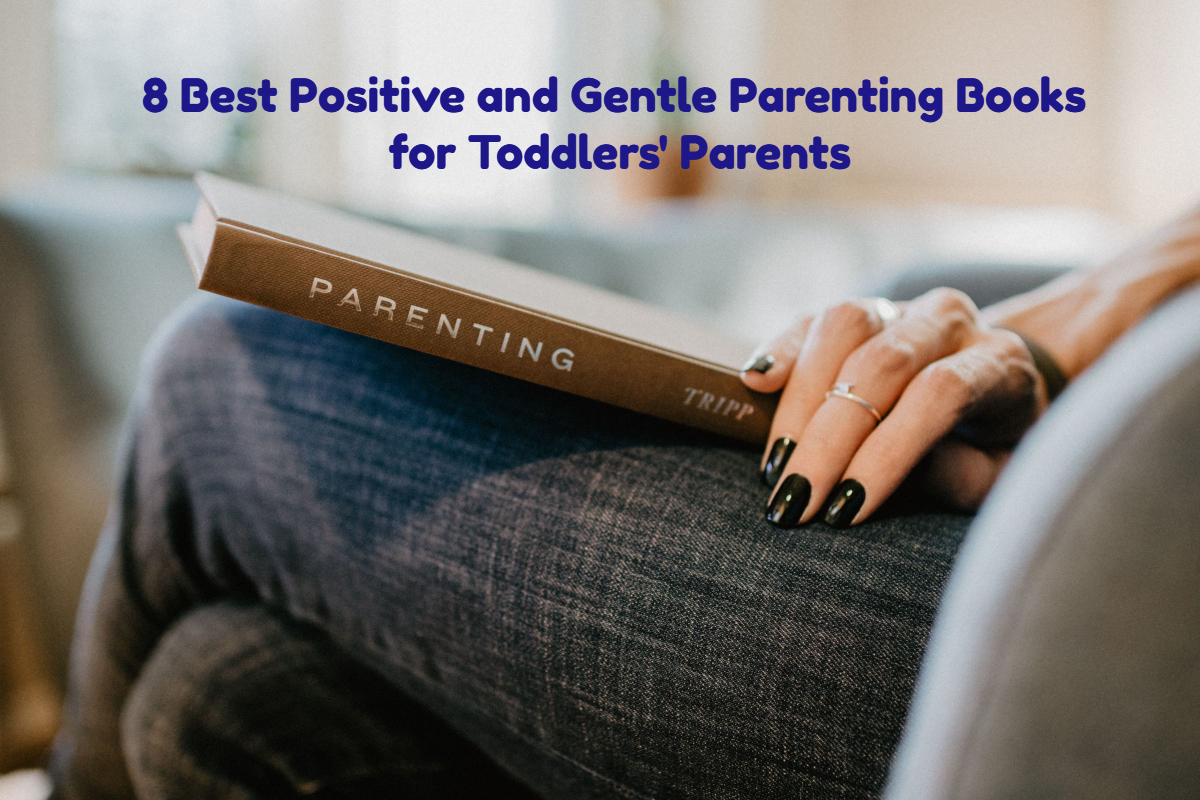
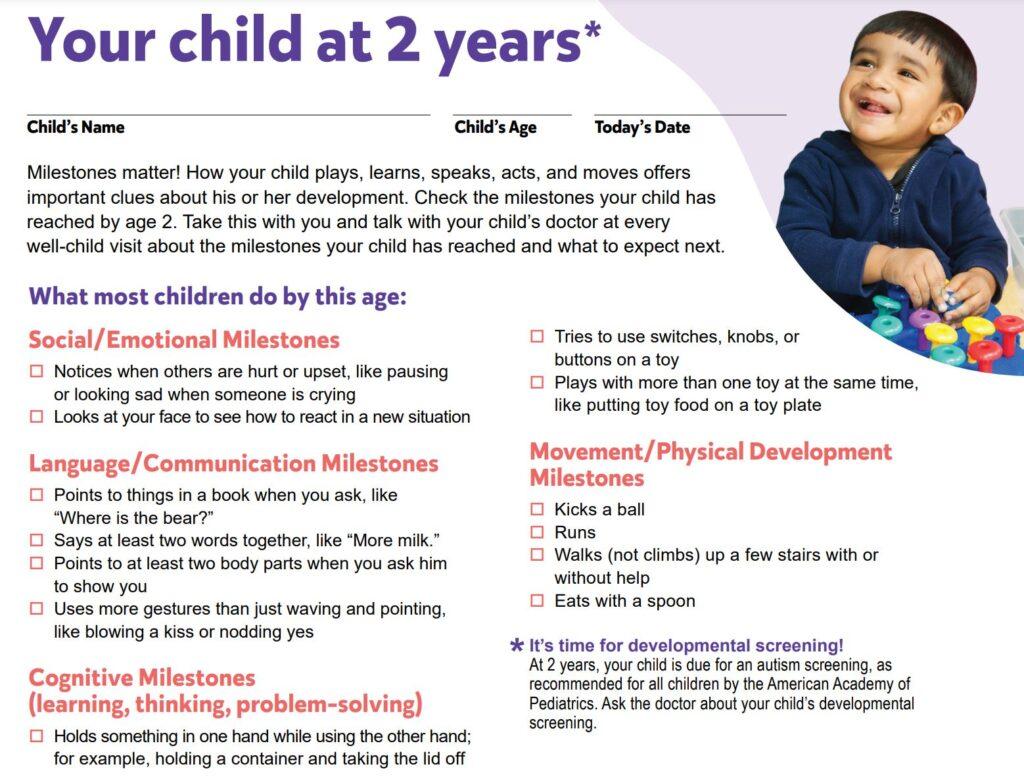
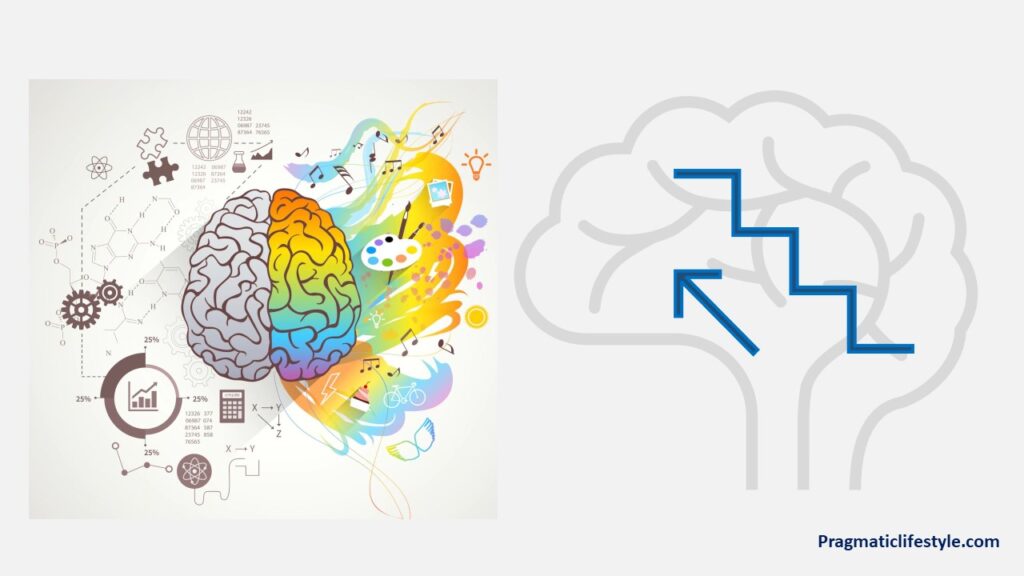
14 Comments
Comments are closed.